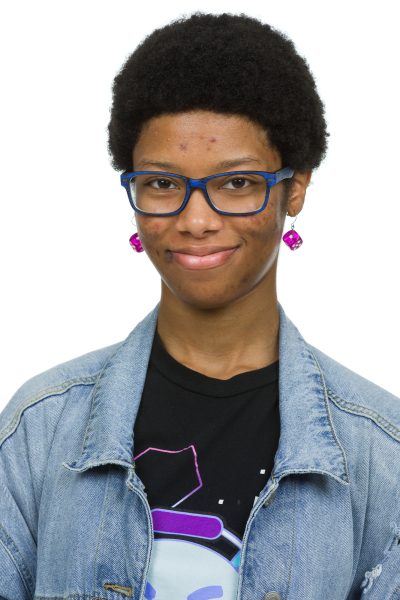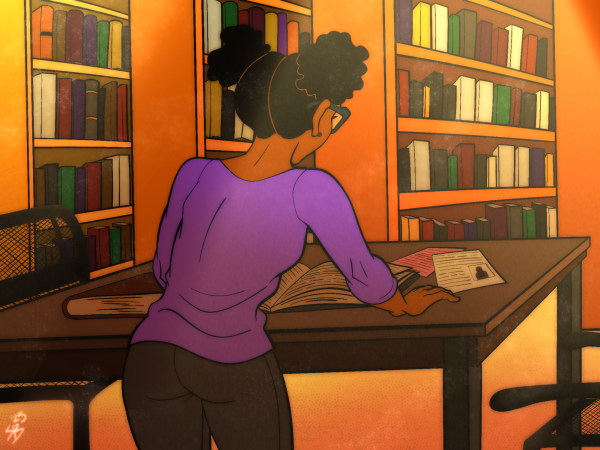“Black Widow” finally gives Natasha Romanoff the spotlight
“Black Widow” will excite fans who are interested in a healthy blend of dysfunctional family drama, explosions, moments of humor and finally getting much-needed character development for a fan-favorite character.
Anyone who is familiar with the Marvel Cinematic Universe has heard of the iconic femme fatale super spy Natasha Romanoff, more commonly referred to as Black Widow. Romanoff debuted in the Marvel Cinematic Universe in Marvel’s 2010 hit “Iron Man 2” and has become a core member of the Avengers, though little was known about her personality or backstory.
Portrayed by Scarlett Johansson, the Black Widow is a character mostly depicted as fighting with sultry stares and strangling men with her thighs. Despite being in more than ten various Marvel films, Black Widow’s character development was limited, centering only around the men around her.
From calling herself a monster when she revealed to Dr. Bruce Banner that she couldn’t have children, to less than half of the films she was in passing the Bechdel Test, Natasha Romanoff has long deserved a movie of her own that genuinely explores her character.
“Black Widow” was released in theaters and on premium streaming services in July of 2021. Reminiscent of early spy thrillers, the film brings a modern spin to a classic genre. “Black Widow” will excite fans who are interested in a healthy blend of dysfunctional family drama, explosions, moments of humor and finally getting much-needed character development for a fan-favorite character.
The plot of the film follows a standard espionage arc – the conflict is introduced, a team is assembled and the team aims to find and put an end to the conflict. While previous Avengers films mentioned the infamous Red Room that Natasha Romanoff was abducted to be trained in, “Black Widow” reveals the sheer amount of widows who are forced to kill on command and why it is so important for Romanoff to put an end to their abductions.
Alongside Yelena Belova, portrayed by Florence Pugh, the duo play estranged sisters forced back together to free these widows and put an end to the Red Room. Adding two more new faces to their team, the actors bring chemistry to the scene that is both humorous and heartbreaking.
While “Black Widow” may not be for every viewer, the film takes a deep dive into heavy conversations that desperately need to be discussed, predominantly human trafficking.
Marvel films are notorious for having a knack for drawing relevant social commentary into their films, such as drawing attention to sexism and propaganda in “Captain Marvel” and government influence throughout the entirety of “Captain America: Civil War.” “Black Widow” aims to open the conversation about the kidnapping and abuse that people, especially young girls, face.
As someone who has been a casual Marvel Cinematic Universe fan for years, (X-Men is further in my wheelhouse) “Black Widow” left me excited for future Marvel projects. I couldn’t stop talking about the film and the intricacies of every detail and subplot for days after leaving the theater.
The only moments I felt the film dragged too slowly or lacked development were some of the more well-done action scenes, but, again, I don’t prefer explosions and fighting.
While it is necessary to have watched some of the previous films to fully understand every reference and character, “Black Widow” stands on its own as one of the greatest Marvel films. I gave “Black Widow” a solid 5/5 stars on Letterboxd, and I have to stand by that rating. 5/5.

Stephani Bradley is a senior fine and graphic arts major with minors in film, creative writing and English. This will be her final semester working for...


























